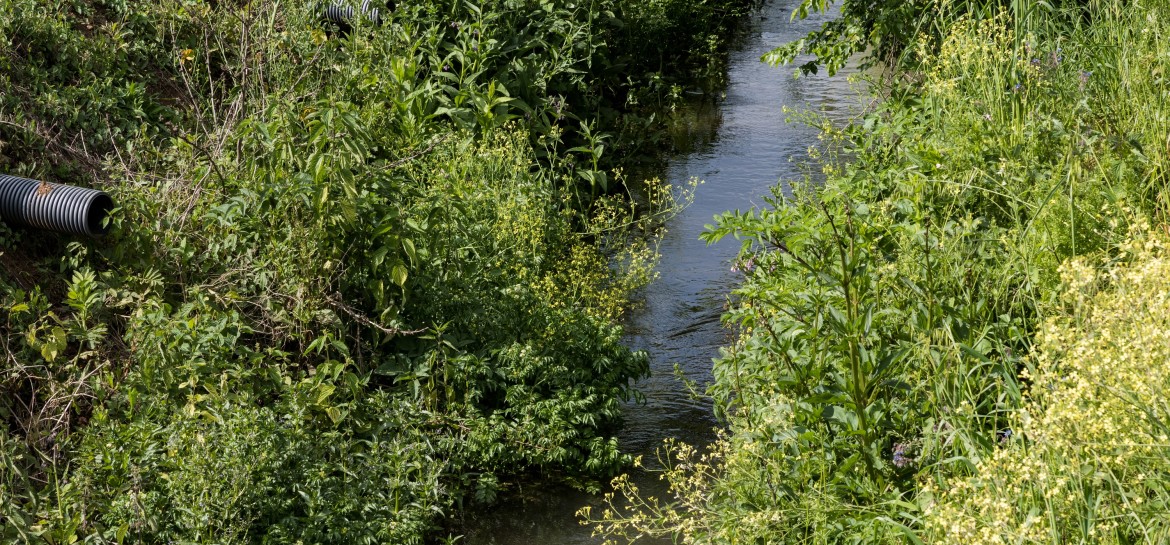
In these days when the coronavirus pandemic seems to be the only topic of interest to the media, we have learned about new terms and new expressions.
Anyone now speaks of social distancing as if it were a mantra, as the only weapon to defend ourselves from disease; by invoking it we have become accustomed to seeing it as a positive thing, as a desirable condition.
What we have forgotten is that social distancing is a situation that some people have been forced to for a long time now, long before the pandemic. It is a condition of marginalization and indifference, which takes away human dignity and precludes them from the most basic of human rights.
Mario is one of them, he is a homeless man who lives inside an abandoned ecological island, where people continue to throw waste illegally. He lives there, only with his Ape, and with determination he continues to survive by reselling the metals collected right in that waste.
His Ape is his salvation, it represents for him at the same time a home and sustenance, without it, in fact, he could not transport and sell metal waste.
But prolonged social isolation, as claimed by many researchers, can increase the risk of a range of health problems, from heart disease to depression, even to death in extreme cases.
According to what was published by the Italian Federation of homeless people (Fio.PSD) and Istat, in 2014 homeless people in Italy exceed 50 thousand units, taking into consideration only those who have used at least one canteen or night reception service in the 158 Italian municipalities selected for the survey.
Mario is one of many who does not fall within this statistic, and the lack of assistance forces him to live a hard life, of which however he appreciates independence but suffers from loneliness, a life of hardship and risks, where diseases and offenders can arrive at all times (and they do), and he doesn’t have anyone offering him support.